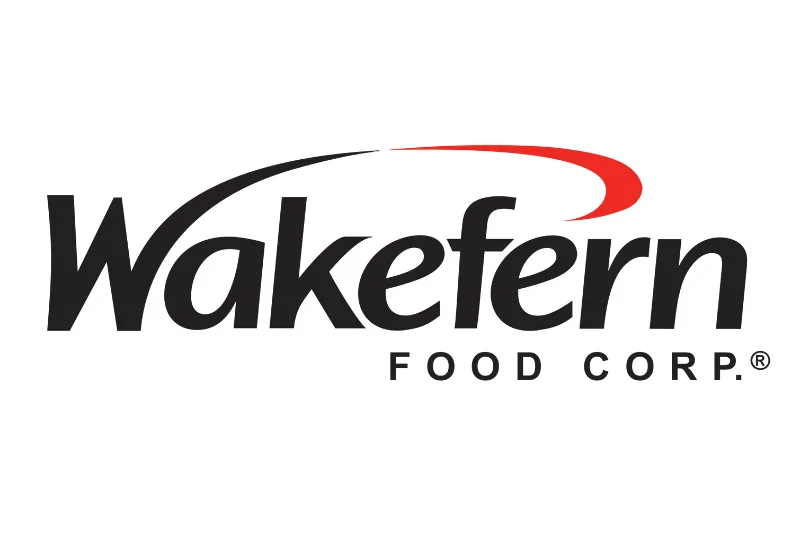Despite his fiery rhetoric and sometimes unpredictable policy positions during the 2016 campaign, Donald Trump has mostly turned out to be the kind of president that business leaders can appreciate.
 The National Retail Federation praised the tax reform bill signed into law by President Trump, for example, calling it a “major victory for lawmakers.” And the NRF and other retail groups applauded when Trump signed an executive order that would allow more small businesses to buy health insurance for their workers through federally sanctioned association health plans.
The National Retail Federation praised the tax reform bill signed into law by President Trump, for example, calling it a “major victory for lawmakers.” And the NRF and other retail groups applauded when Trump signed an executive order that would allow more small businesses to buy health insurance for their workers through federally sanctioned association health plans.
But the president’s more recent decision to impose tariffs on imported steel and aluminum, and on goods from China, is a major exception to that rule.
Retailers have been quick to criticize the tariffs. “Make no mistake, this is a tax on American families,” NRF president and chief executive officer Matthew Shay said on March 1 when the steel and aluminum tariffs were announced.
The Trump administration later softened those tariffs somewhat, granting exemptions for a number of countries, including many American allies. But the president has doubled down on tariffs aimed at China.
Trump announced that he would impose tariffs on $50 billion worth of goods from China. And when that country responded in kind, Trump said he would consider adding tariffs on an additional $100 billion in Chinese goods.
“We are on a dangerous downward spiral, and American families will be on the losing end,” Shay responded in a statement. “To be clear, we agree it’s time to address China’s unfair trade practices, but an additional $100 billion in tariffs amount to $100 billion in taxes on the American people. Tax reform delivered a real benefit to working families, and tariffs take them away.
“These tit-for-tat trade actions could spell disaster for the U.S. economy and make it harder for Americans across the country to afford everyday products and basic necessities. It is inevitable that China will respond with more retaliatory actions that cause even further harm to American farmers, businesses and consumers. We urge the administration to change course and stop playing a game of chicken with the nation’s economy.”
The retail response has been consistent and reasonable. The question is whether Trump is listening.






